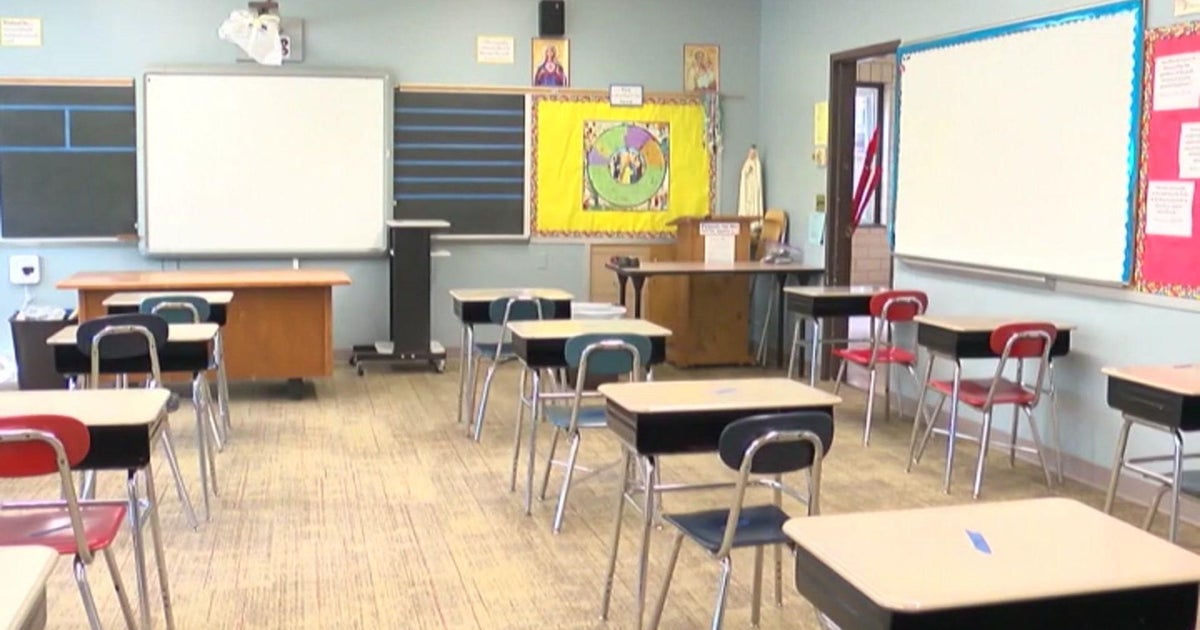Texas House Approves Flawed Medical Marijuana Bill; Measure Goes To Gov. Abbott
Follow CBSDFW.COM: Facebook | Twitter
AUSTIN (CBSDFW.COM) — The Texas State House approved a bill on Monday intended to allow qualifying patients with intractable seizure conditions to access a marijuana extract containing high levels of cannabidiol, or CBD, and only trace levels of THC. SB 339.
Sponsored by Sen. Kevin Eltife (R-Tyler), the bill is extremely unlikely to provide patients with relief since it requires doctors to engage in conduct prohibited by federal law.
SB 339 previously passed the Senate on May 7. It now heads to Gov. Greg Abbott.
"On a certain level, the legislature should be commended for acknowledging the medical value of marijuana, and it is a historic vote in that sense," said Heather Fazio, Texas political director for the Marijuana Policy Project. "Lawmakers missed several opportunities to amend the bill in ways that could have provided real relief to countless Texans. Not a single patient will be helped by this legislation."
SB 339 requires doctors to "prescribe" marijuana to patients, which exposes doctors to federal criminal sanctions. By contrast, doctors "recommend" medical marijuana or "certify" patients to use medical marijuana in the 23 states with comprehensive medical marijuana laws and the District of Columbia. Unlike "prescriptions," recommendations and certifications are federally legal and protected under the First Amendment.
"Nearly half of the states in the country have effectively implemented medical marijuana programs, and I have no doubt Texas could adopt an even better one," Fazio said. "We need a law that ensures seriously ill patients who could benefit from medical marijuana are able to access it. There is no reason to put it off any longer."
The bill also only allows for extracts with very little THC, and some seizure patients say a greater ratio of THC to CBD is necessary for it to be effective in reducing the frequency and severity of seizures. The bill also fails to allow access to any medical marijuana products for people suffering from other debilitating conditions, such as PTSD, cancer, and multiple sclerosis, for which medical marijuana has been found to have significant medical benefits.
Despite SB 339's significant limitations, advocates support Gov. Abbott signing it into law and promptly implementing the program. It has frequently taken as long as two to three years for patients to begin safely accessing medical cannabis preparations after state medical marijuana laws are enacted. First, rules need to be crafted for the operation of dispensaries, then there is an application process, and finally the providers must find locations, build out their facilities, and begin cultivation.
"Even if doctors are unwilling to 'prescribe' marijuana, starting the implementation process will ensure a system of safe access is ready to go when the legislature meets in 2017 — at which point it can fix the flaw and expand access to patients with other serious conditions," said Fazio.
"It is well established that cannabis can help with pain, nausea, and weight loss. In addition, a placebo-control study in Israel found that complete remission was achieved in five out of 11 subjects who were administered medical cannabis," said Larry Talley, a retired Navy veteran from Dallas who suffers from Crohn's disease. "I served my country with pride; now I live in pain every day. I deserve the freedom to use cannabis, a natural and safe medicine."
Fourteen states have adopted laws that allow limited access to products containing CBD, although the vast majority do not function due to defects similar to those contained in the Texas bill. Twenty-three additional states, the District of Columbia, and the U.S. territory of Guam have adopted comprehensive medical marijuana laws which help thousands of seriously ill patients around the country.
(©2015 CBS Local Media, a division of CBS Radio Inc. All Rights Reserved. This material may not be published, broadcast, rewritten, or redistributed.)



